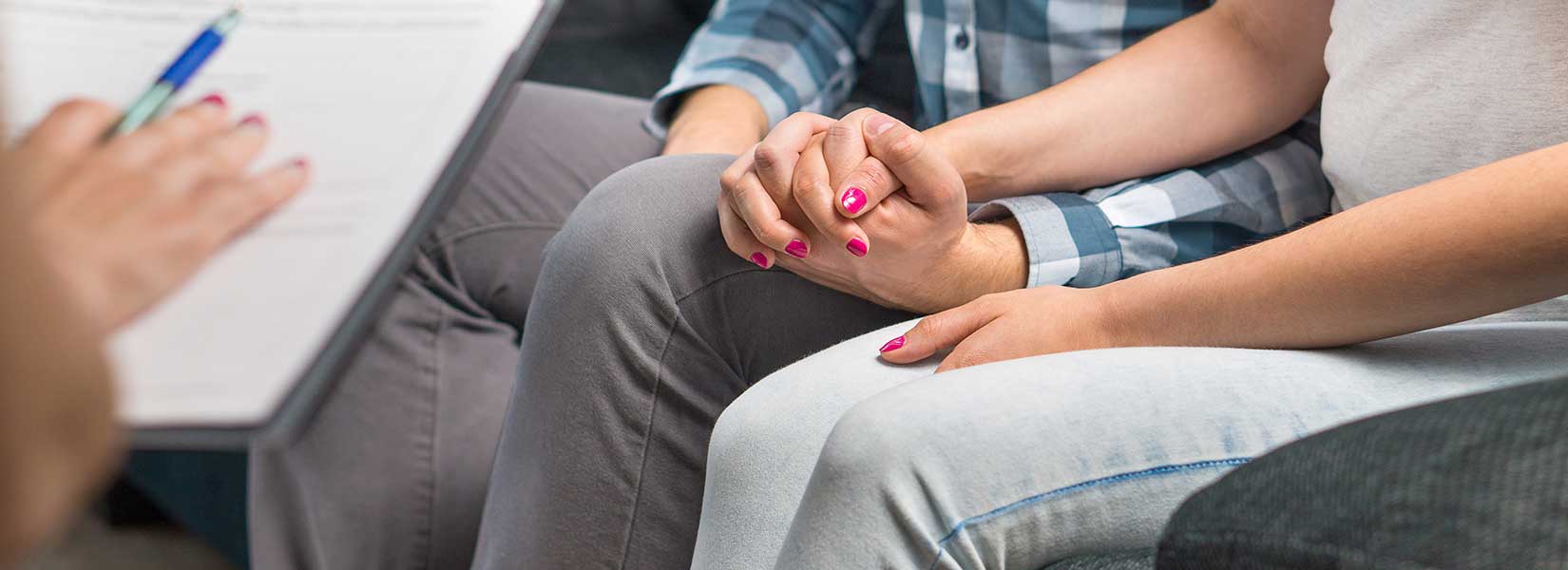Rebuilding Trust, Bridges, and a Family Life After Drug Abuse
Battling addiction and going through rehab will put extreme strain on all of your personal relationships. From friends to spouses and even children, you likely lied and deceived, leading to the destruction of trust with those you love. The people closest to you will remember long after you begin your recovery. How can you work to earn back trust and assimilate back into your family?
Apologize and Make Amends
Apologizing is the first step down a very long road. It’s acknowledging that you did something wrong. The fact that you apologized will be a big deal to many people in your life. However, the manipulative effects of addiction may have guided you down this road a few times.
Know that when you apologize, the other person does not have to accept your apology. Don’t be surprised if you get no response, confrontation, or someone saying that they don’t believe you. Apologize anyway.
After you apologize, you need to make amends. Amends play a big factor in 12-step programs and for a reason. They’re vital in rebuilding trust and rekindling relationships that you might have believed were broken beyond repair.
To make amends, you simply need to consider how you can make good on promises you once made and keep promises that you make going forward. It may take a while to find out what actions you can take to make amends, but you will get there eventually.
Have a Routine
Make a routine, make it well-known in your household, and stick to it. Having a routine will help you in your recovery, and it will play a vital role in rebuilding trust. You’ll know exactly what you’re supposed to be doing at any point in the day, and so will your family members.
This may be crucial in rebuilding trust in a marriage, or if you’re an adult child living at home. When someone who does not trust you can look at your schedule and know that you are in a therapy session, at work, or at the gym and they can confirm that you are there, it helps show that you’re putting in the effort.
Keep Open Communication
In addition to having a routine, you need to keep communication lines open. The days of getting upset about a phone call at work are over. If you get a call or text message, answer as soon as you can.
You can use some tools on your phone to automate text message responses during certain times, such as when you are driving. In these cases, you can create a custom message that will inform the person when you will be able to call them back or respond to a text.
When working on trust, it’s very easy for people to assume the worst. Don’t be surprised if you receive multiple phone calls, angry voicemails, or text messages that assert their distrust in your actions. You will have to work diligently to outgrow this time with them.
Work to Be A Better Friend/Parent/Child/Sibling/
Although many people don’t like to admit it, everyone could put more effort into their immediate relationships. However, people in recovery face a different struggle. You likely have a long history of misdeeds and reasons for distrust. The long road ahead depends on you focusing on each relationship.
Being a better child may mean that you’re less reliant on your mom, or that you spend quality time with her without expecting anything in return. Being a better friend may call for appearing regularly to outings that you previously would avoid.
There are many ways to improve your relationships, but most relationships need you to spend quality time with those people closest to you. For significant other’s you may want to consider learning about each other’s love language to ensure that you’re providing the type of communication they need.
As you move forward in your life, you may find that some relationships are beyond repair, or that the other person is resistant to building trust. If that is the case, it is unfortunate, but often on the other person. Work with your therapist and bring up these concerns during group therapy. You are by no means the only person to lose a meaningful relationship in your life because of addiction.
Rehab Carolinas works with people in all stages of recovery. Not only is family therapy available, but there are many alternative therapy options as well to help those who are ready to move forward. Contact Rehab Carolinas now to see what options are available for you.
